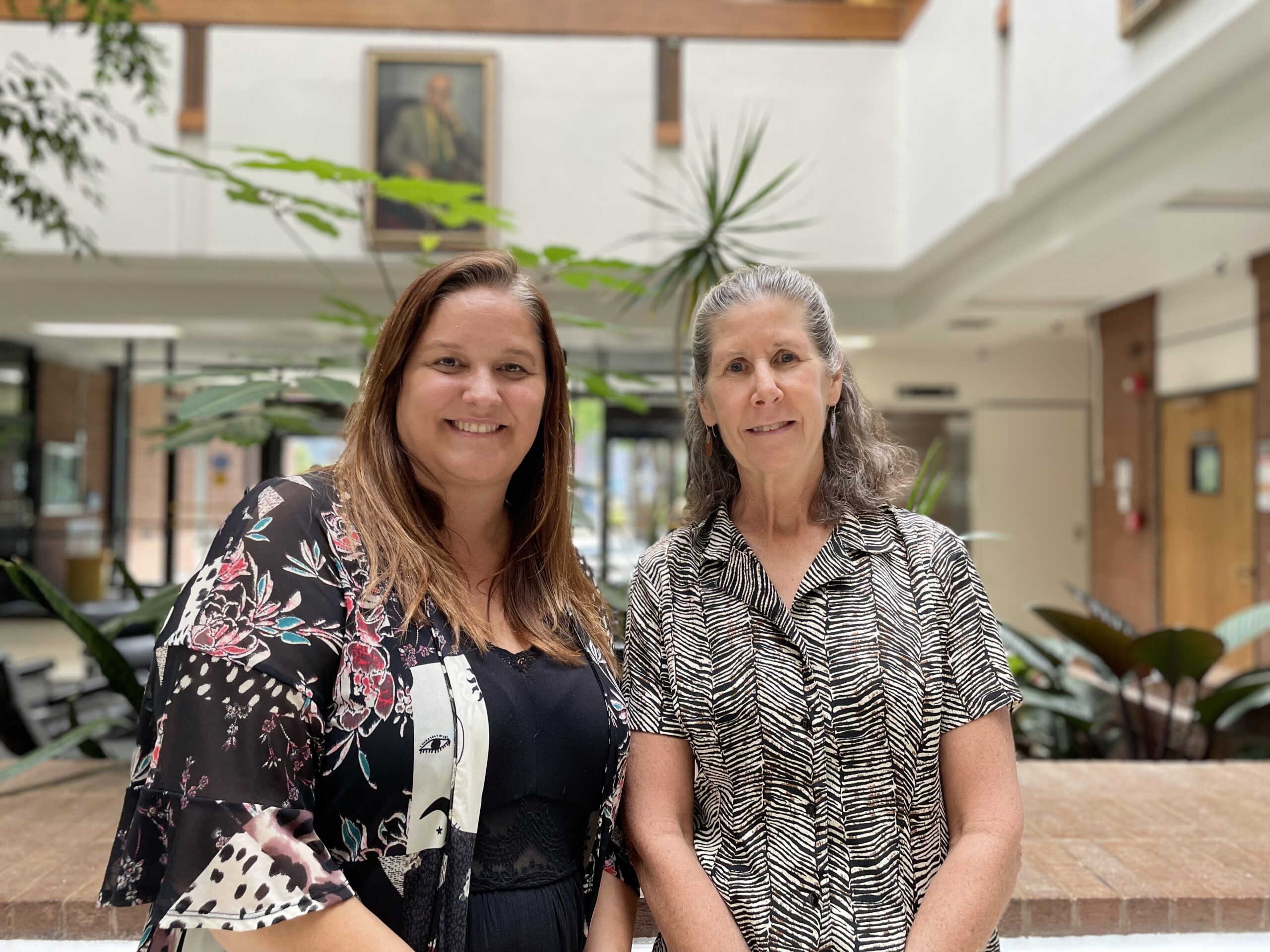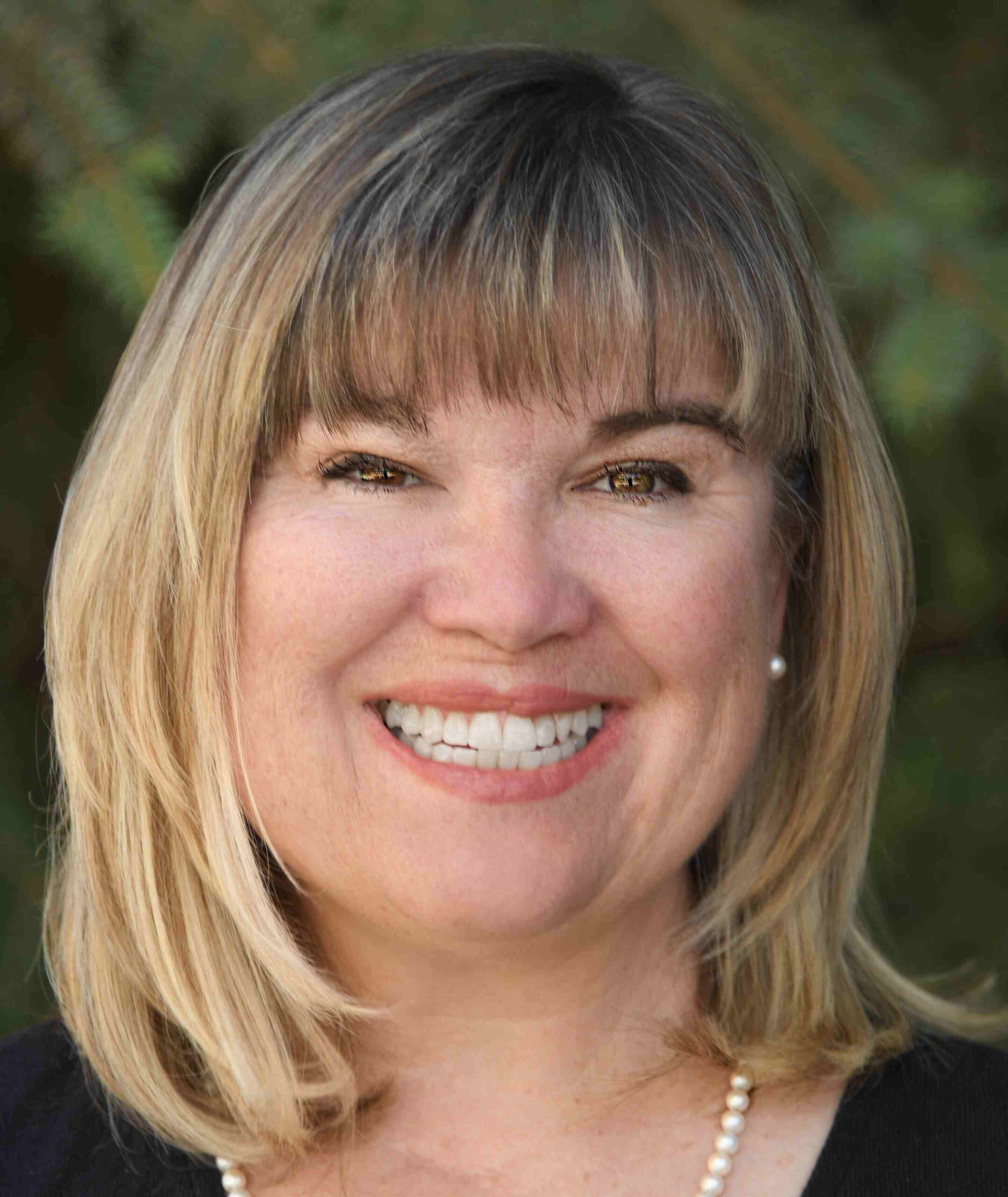The University of Utah has a rich research history. Thanks to its students, faculty, staff and shareholders, research at the U will only continue to grow, bringing innovations and discoveries to our society.
With this in mind, the Office of the Vice President for Research (VPR) and Office of Sponsored Projects (OSP) are showcasing different researchers to spotlight our university’s studies and potential breakthroughs. Here are some of the U’s Research Groundbreakers.
Misty McIntyre Goodsell and Dr. Mary Beth Vogel-Ferguson – Informed Program Development to Better Meet the Needs of Low-Income Families

The Social Research Institute (SRI) at the College of Social Work recently received a grant from Utah’s Department of Workforce Services (DWS). This grant is an extension of a 30 plus year relationship between SRI and this state agency. It is a great example of a community partnership that has stood the test of time and produced significant benefits for both the community partner and our University community.
“As federal programs change, states are often required to update programs, adjust metrics and provide additional services,” said Misty McIntyre Goodsell and Dr. Mary Beth Vogel-Ferguson in a statement. “The COVID pandemic has had a variety of impacts on Utah families including children struggling to reintegrate into the school environment, the closure of many small businesses and the death of family members, many of whom provided childcare for working parents. Building on a rich repository of pre-pandemic data, this grant will allow the SRI team to evaluate recent changes and the impacts experienced by families participating in the programs. As an agency which prides itself on data driven decision making, this information will guide future programing to ensure the needs of some of Utah’s more vulnerable families can be met.”
Lisa J. Taylor-Swanson — Awarded a Department of Defense, Congressionally Directed Medical Research Programs Grant to study Acupuncture Therapy

Dr. Lisa Taylor-Swanson, Assistant Professor in the College of Nursing, was awarded a FY23 Toxic Exposures Research Program Clinical Trial Award. Taylor-Swanson is the Utah Site Principal Investigator on a four-year decentralized confirmatory RCT of acupuncture for veterans with Gulf War Illness (GWI). Acupuncture is the only intervention to date that has shown improvement in function and reduction in pain among veterans with GWI.
“In this project, we will conduct a decentralized trial of acupuncture with six regions of focus in the US. Veterans diagnosed with GWI living in those regions will be invited to participate, and they will receive acupuncture from a clinician whose private practice is close to the veteran’s home or work. We will also measure heart rate variability and cell signaling via bloodwork to establish biomarkers of acupuncture activity,” said Taylor-Swanson. “This work is leading-edge both in developing and testing therapeutic interventions for GWI symptoms and learning about potential new mechanisms of acupuncture action. We are honored to serve those who served our country in the first Gulf War and plan to disseminate findings broadly in veteran communities once the study has concluded.”
Katharine S. Walter—Burroughs Wellcome Climate and Health Interdisciplinary Award
Human and ecological health are being dramatically impacted by climate change. Such changes are not far-flung but happening quite locally. An interdisciplinary group led by Dr. Katharine S. Walter (Epidemiology), with Katrina Derieg and Eric Rickart (Utah Museum of Natural History) and Kevin Perry (Atmospheric Sciences), received a Burroughs Wellcome Climate and Health Interdisciplinary Award to study the emergence of Valley fever fungus in a changing climate. Valley fever—spread by fungal spores found in dust and soil—is a common cause of pneumonia found across the American West and is increasing in incidence due to climate and land use changes. The team is conducting field work, sampling soils and rodents, in southern Utah to map the current and future distribution of the Valley fever fungus.
“The impacts of climate change will be felt most by the most vulnerable communities,” said Walter. “We are thrilled to receive the Burroughs Wellcome grant which will allow us to study a rapidly emerging fungal pathogen. Valley fever is a largely invisible and unreported epidemic. Our group’s goal is to better understand where the fungus is now and where it will be found in a changing climate so we can raise awareness about Valley fever among communities most at risk of infection.”
